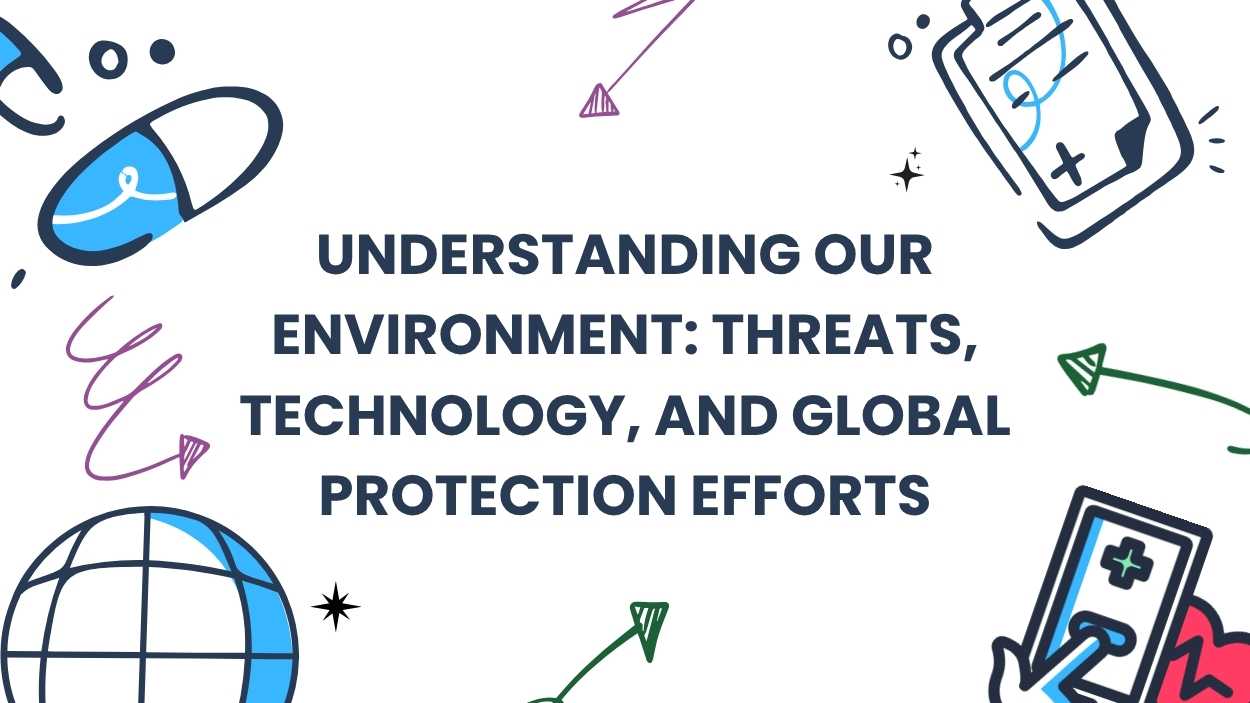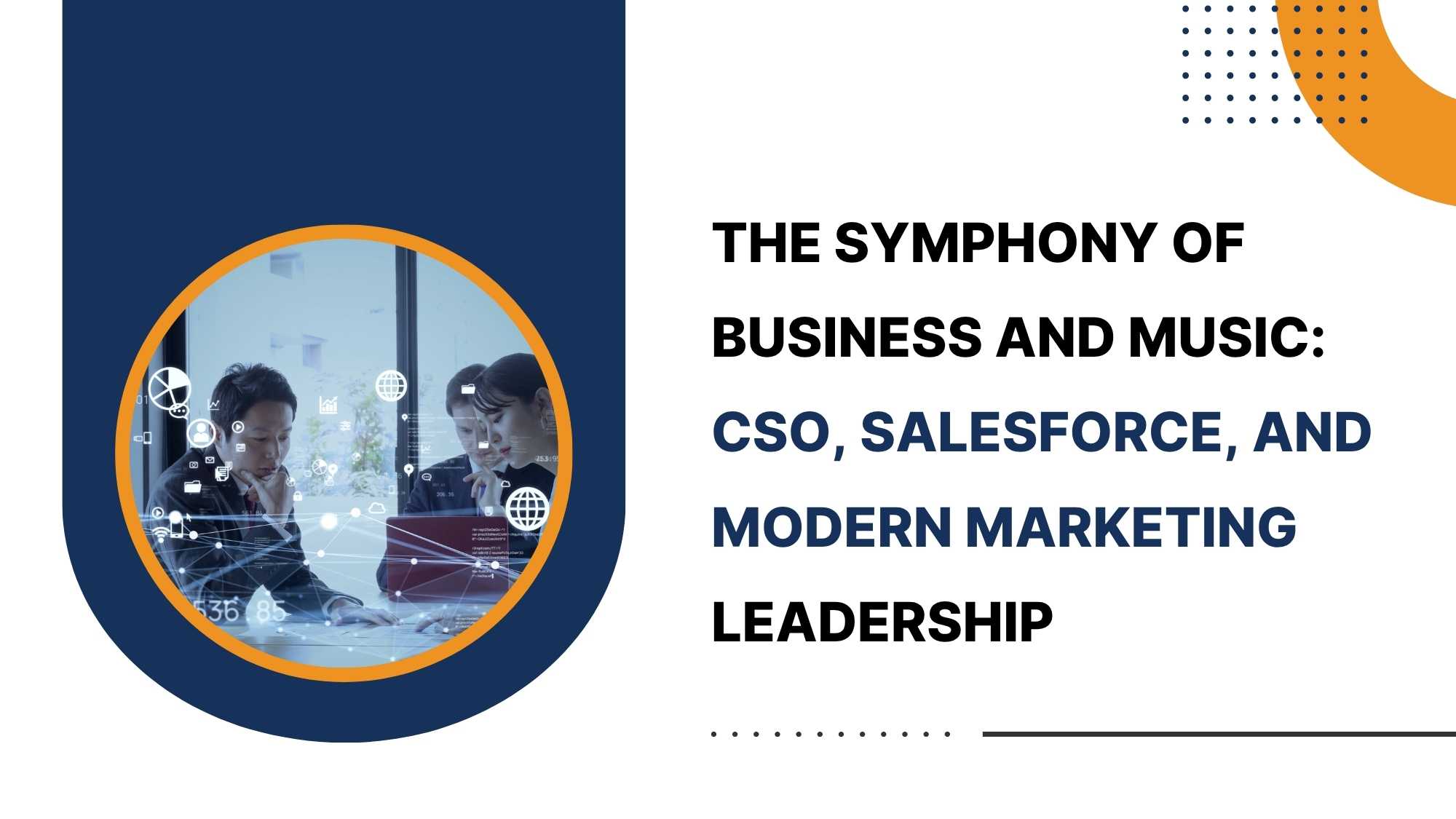In an evolving economic landscape, the notion that sustainability is merely a regulatory burden or a marketing add-on is rapidly becoming obsolete. Instead, forward-thinking organizations are recognizing sustainability as a potent catalyst for competitive advantage and a fundamental driver of long-term value creation. Research from the BCG Henderson Institute, particularly their multi-year contest conducted with The Australian Financial Review, provides compelling evidence of this paradigm shift. By dissecting the strategies of top performers, the study illuminates how embedding societal and environmental value into core business models isn’t just ethical, but profoundly profitable, setting a new benchmark for strategic innovation.
Reimagining Value Chains and Consumer Engagement
The success stories emerging from this comprehensive research underscore a crucial shift in operational thinking. A key tactic employed by the frontrunners involves radically expanding the traditional value chain. Companies like the Winning Group exemplify this by transforming their existing logistics infrastructure from merely delivering products to actively collecting and recycling waste, creating an entirely new revenue stream and bolstering customer experience. Simultaneously, these innovators excel at subtly guiding consumer behavior. Farmers Pick, for instance, successfully nudges sustainable consumption by making ‘imperfect’ produce not just acceptable, but desirable and cost-effective, effectively solving a societal problem while generating new demand and value for their customers. These approaches reveal a deep understanding of how to redefine both the supply and demand sides of a market through a sustainability lens.
Building Ecosystems and Aligning Organizational Purpose
Beyond individual company actions, the most impactful sustainable business models demonstrate a superior ability to harness entire ecosystems and ensure deep organizational alignment. Leaders like Brambles have built share-and-reuse pallet pooling models that create a powerful network effect, reducing waste and transport distances across a wide array of clients, thereby delivering both environmental benefits and significant cost savings. Internally, organizations like Brighte illustrate how a mission-driven approach, centered on making sustainability accessible and affordable, can profoundly shape product development and operational strategies. This alignment ensures that sustainability isn’t siloed but permeates every decision, fostering an environment where strategic goals and environmental objectives are mutually reinforcing, propelling the company towards integrated success.
However, despite these inspiring examples, the research also highlights a significant chasm between the ‘best and the rest,’ indicating vast untapped potential across industries. Many companies are still leaving substantial value on the table, failing to fully realize benefits such as cost savings, price premiums, or lower costs of capital that often accompany genuine sustainable innovation. Furthermore, opportunities in circularity models, energy flexibility, and leveraging network effects remain largely unexploited by a majority. The insights gleaned from ‘challenger’ companies – nimble, digitally savvy new entrants – reveal that even with fewer resources, it is possible to innovate past traditional trade-offs, underscoring that a proactive, integrated approach is vital to avoid missing out on significant competitive advantages.
Charting Your Course Towards Sustainable Growth
Ultimately, the BCG study serves as a powerful call to action for businesses ready to move beyond superficial sustainability efforts. To truly unlock the benefits of Sustainable Business Model Innovation, companies must undertake a critical strategic review of their value chains and current business models, actively seeking opportunities to integrate sustainability for enhanced value. Identifying and cultivating ecosystems, where collaborative networks amplify impact and build competitive moats, is another crucial step. Finally, re-examining the environmental and societal dimensions of your business model, not as a burden but as a source of profit and positive impact, is paramount. The journey towards sustainable business is not a tradeoff; it’s a strategic imperative that promises enduring profitability and societal contribution in equal measure, with considerable opportunity still awaiting those bold enough to seize it.













